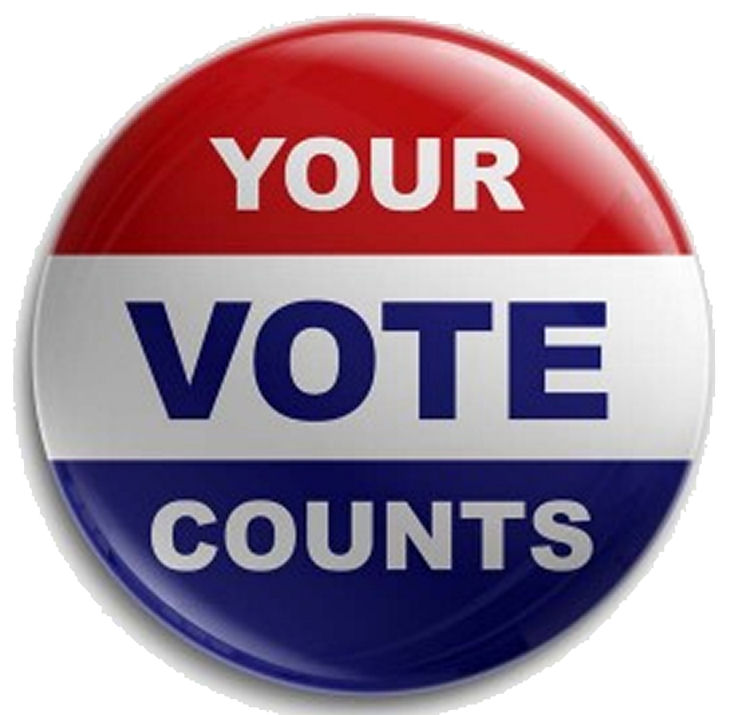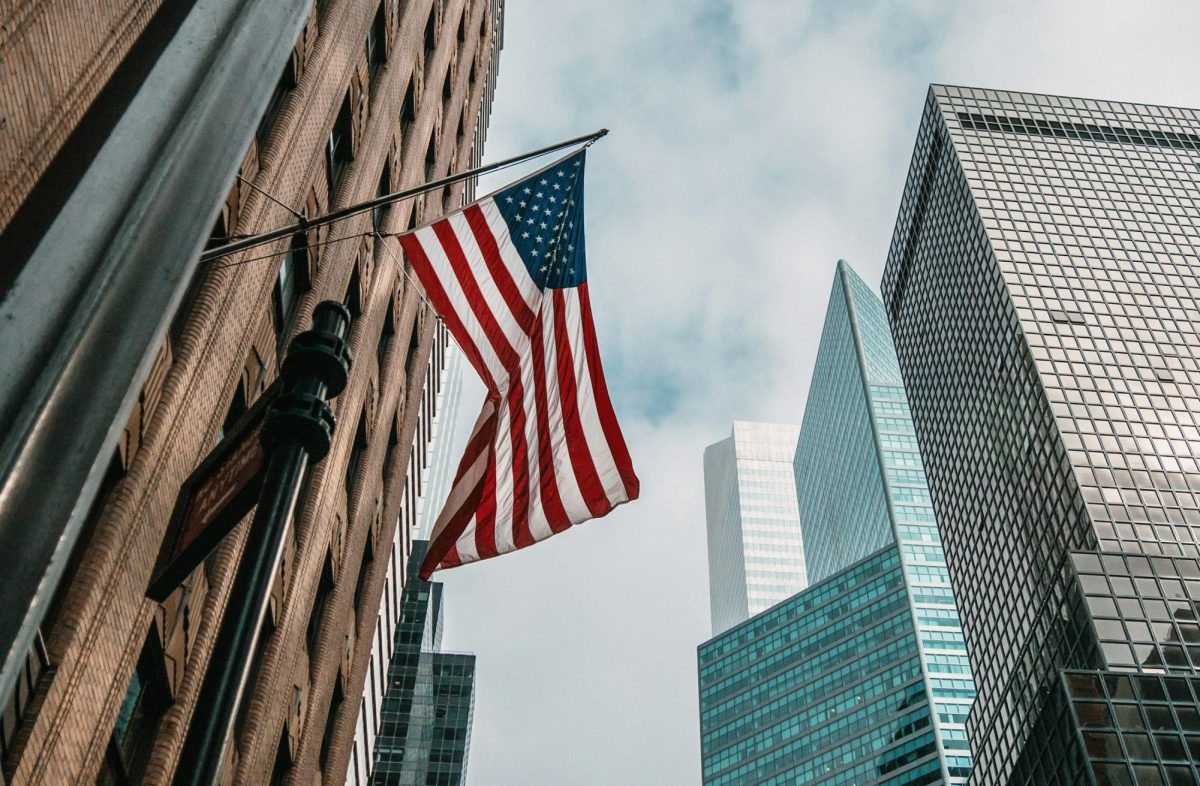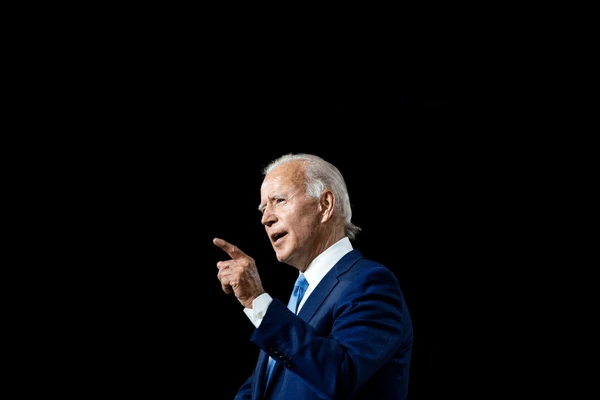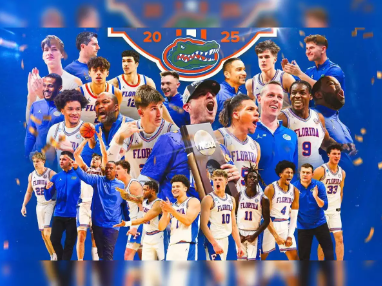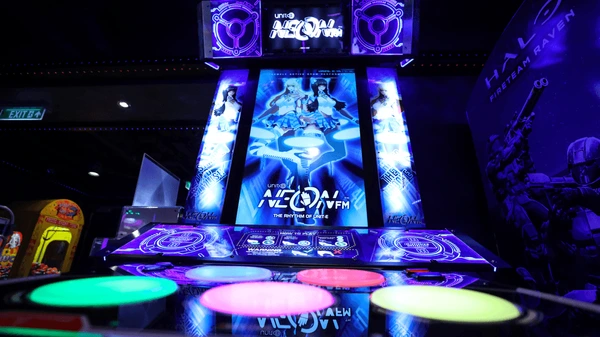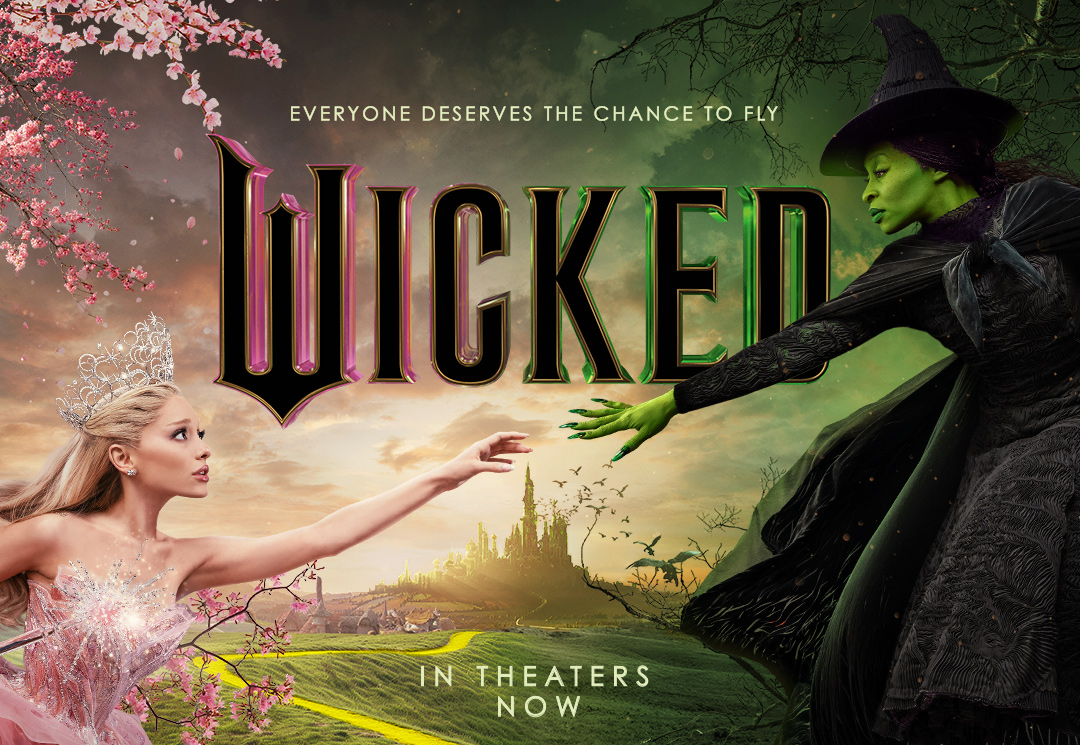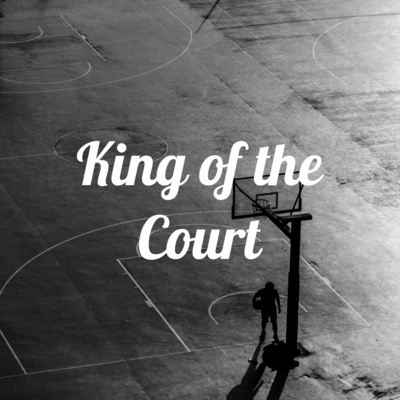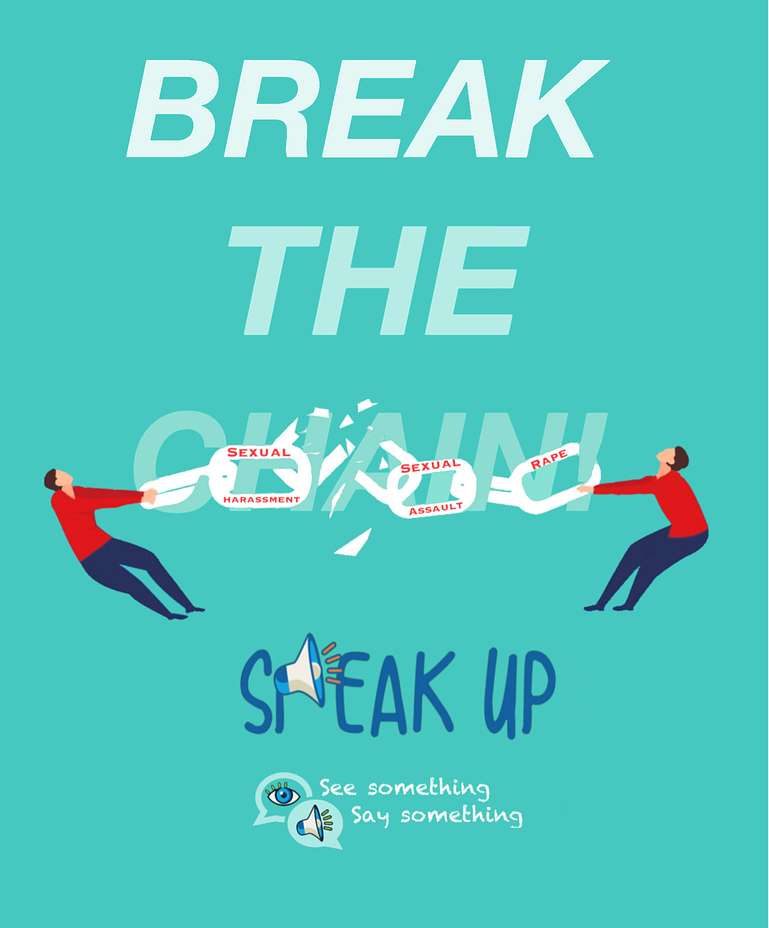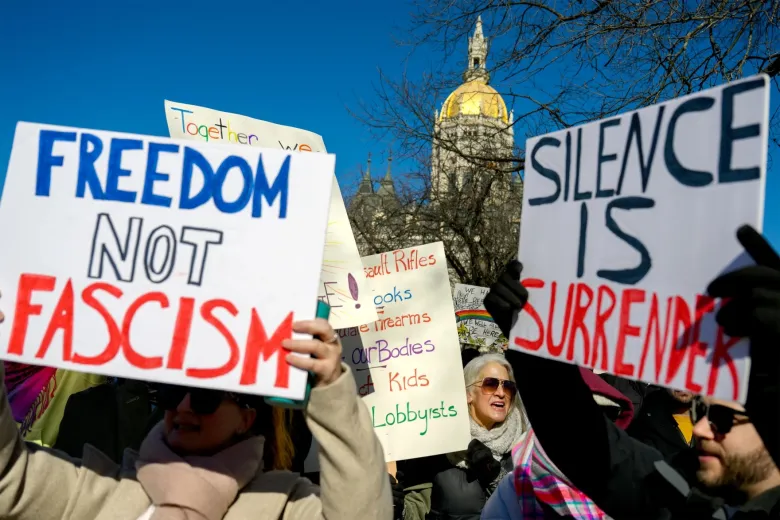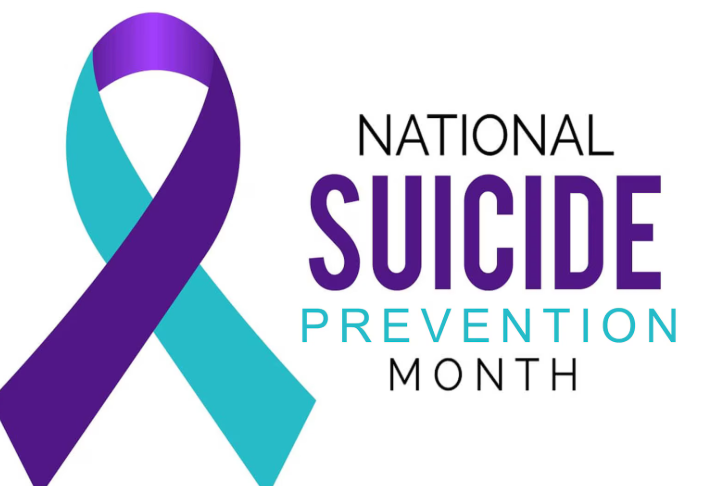On Friday December 6, the appeals court rejected TikTok’s attempt to petition the law that they must break ties with their Chinese-based parent company, ByteDance, by January 19, 2025 or be banned in the United States.
TikTok’s argument was that if the US government banned their social media platform they would be impeding on the First Amendment and TikTok spokesperson Micheal Hughes claimed they would be, silencing “the voices of over 170 million Americans here in the US and around the world.”
Ginsburg, one of the Republican judges who presided over the appeals case, fought their claim that the law ignored the right to freedom of speech by saying that, they are not “suppress[ing] content,” the government is just protecting the United States against a foreign threat.
This law was approved by Congress in April of this year with an overwhelming majority of 352-65 in the House and a vote of 79-18 in the Senate. They made this decision based on the potential threat the platform poses to the United State’s national security.
It is believed that TikTok can gather sensitive user data to give to the Chinese government and can easily manipulate Americans by controlling the algorithm that dictates what shows up on each person’s feed. In a statement made Friday, Attorney General Merrick Garland said, “Today’s decision is an important step in blocking the Chinese government from weaponizing TikTok.”
This has been a multi-year process that has included hearings, court cases, protesting, and suing, but it could all potentially end by mid-January. Newly elected President Trump included in his campaign platform that he would try to halt the ban, but it is currently unknown if he has that power.
TikTok has announced that they plan to appeal to the Supreme Court, which could delay the approaching January 19 deadline. If that appeal fails like the previous ones and the sale of the company does not occur, then TikTok will officially be banned in the United States.
This will mean that playstore apps will be heavily fined if they allow people to download the TikTok application in the future and US citizens with the app previously downloaded will not be able to access new updates, which could cause it to quickly become buggy.


